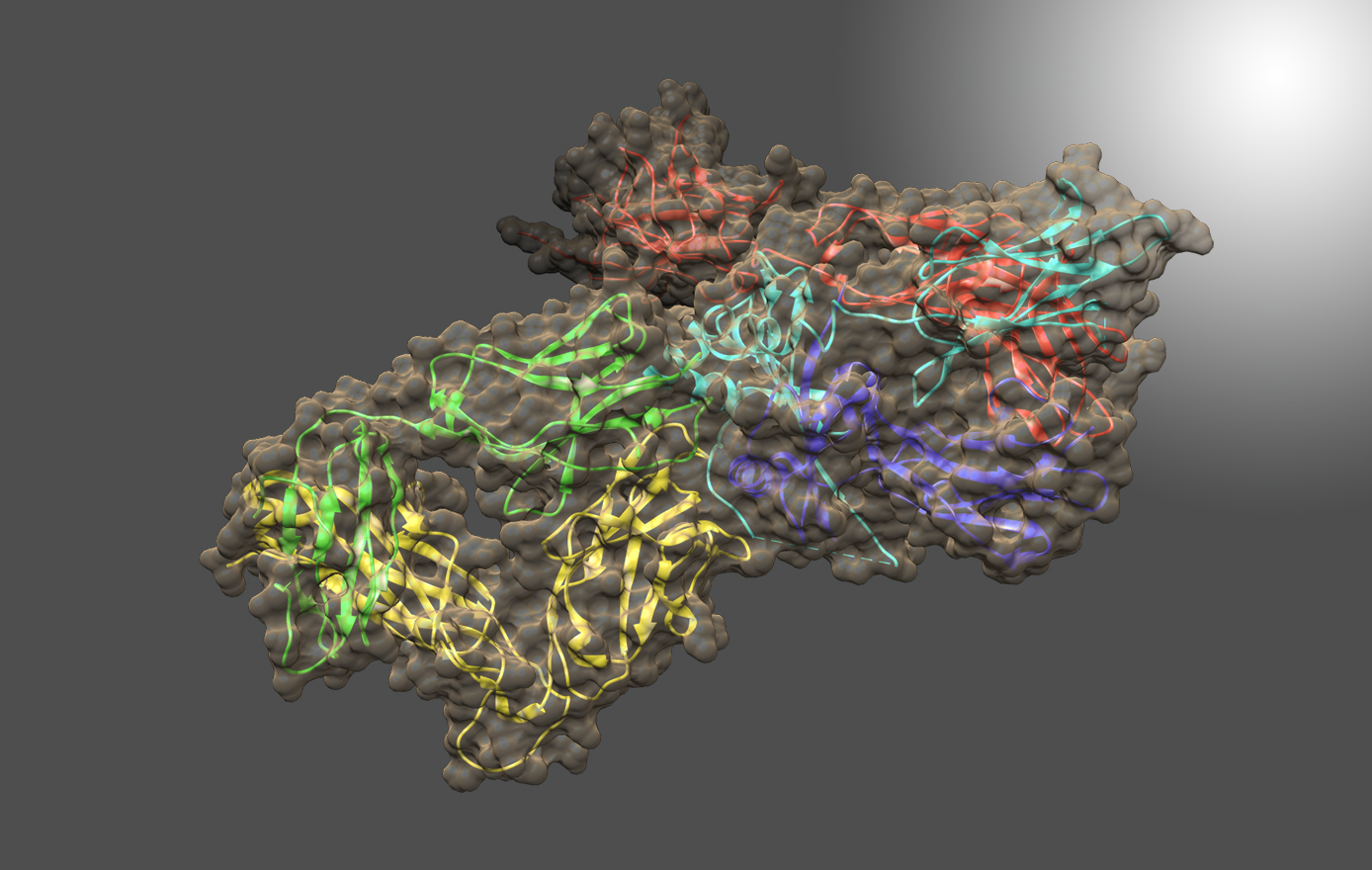Genetic analysis of plant abiotic stress responses
Event Info
Event Details
Because of sessile nature, plants have to cope with various adverse environmental conditions collectively referred as abiotic stresses, including drought, temperature extremes, and soil salinity. Improvements in plant abiotic stress resistance through genetic engineering have limited success due to the lack of comprehensive understanding of the molecular mechanisms of plant abiotic stress responses. My laboratory uses a combination of forward and reverse genetic approaches to identify genes essential for plant abiotic stress responses in several model plant species including Arabidopsis, tomato and rice. Our recent work has focused on elucidating key genes involved in drought, cold and heat stresses. Our findings also suggest that alternative splicing is not only a universal post-transcriptional RNA processing step but also plays specific regulatory roles in abiotic stress responses in plants.
